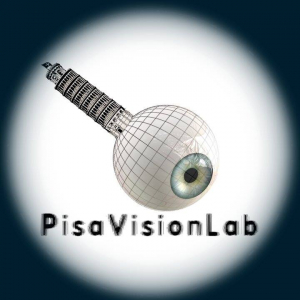2019
Lunghi, C., Galli-Resta, L., Binda, P., Cicchini, G. M., Placidi, G., Falsini, B., et al. (2019).
Visual Cortical Plasticity in Retinitis Pigmentosa.
Investigative Opthalmology & Visual Science, 7 (60), 2753
https://doi.org/10.1167/iovs.18-25750 Download
Purpose: Retinitis pigmentosa is a family of genetic diseases inducing progressive photoreceptor degeneration. There is no cure for retinitis pigmentosa, but prospective therapeutic strategies are aimed at restoring or substituting retinal input. Yet, it is unclear whether the visual cortex of retinitis pigmentosa patients retains plasticity to react to the restored visual input. Methods: To investigate short-term visual cortical plasticity in retinitis pigmentosa, we tested the effect of short-term (2 hours) monocular deprivation on sensory ocular dominance (measured with binocular rivalry) in a group of 14 patients diagnosed with retinitis pigmentosa with a central visual field sparing greater than 20° in diameter. Results: After deprivation most patients showed a perceptual shift in ocular dominance in favor of the deprived eye (P < 0.001), as did control subjects, indicating a level of visual cortical plasticity in the normal range. The deprivation effect correlated negatively with visual acuity (r = ?0.63, P = 0.015), and with the amplitude of the central 18° focal electroretinogram (r = ?0.68, P = 0.015) of the deprived eye, revealing that in retinitis pigmentosa stronger visual impairment is associated with higher plasticity. Conclusions: Our results provide a new tool to assess the ability of retinitis pigmentosa patients to adapt to altered visual inputs, and suggest that in retinitis pigmentosa the adult brain has sufficient short-term plasticity to benefit from prospective therapies.

